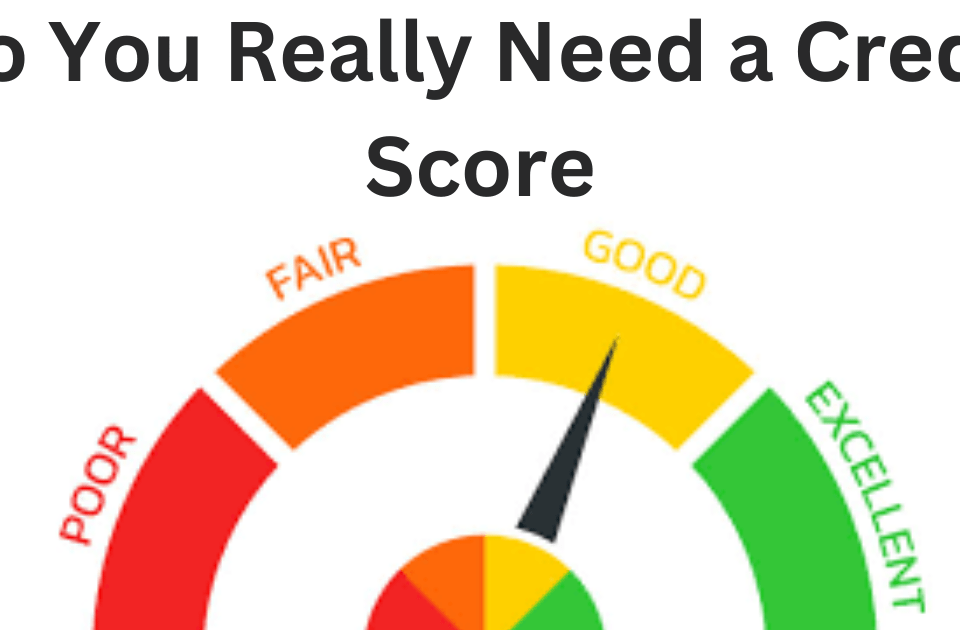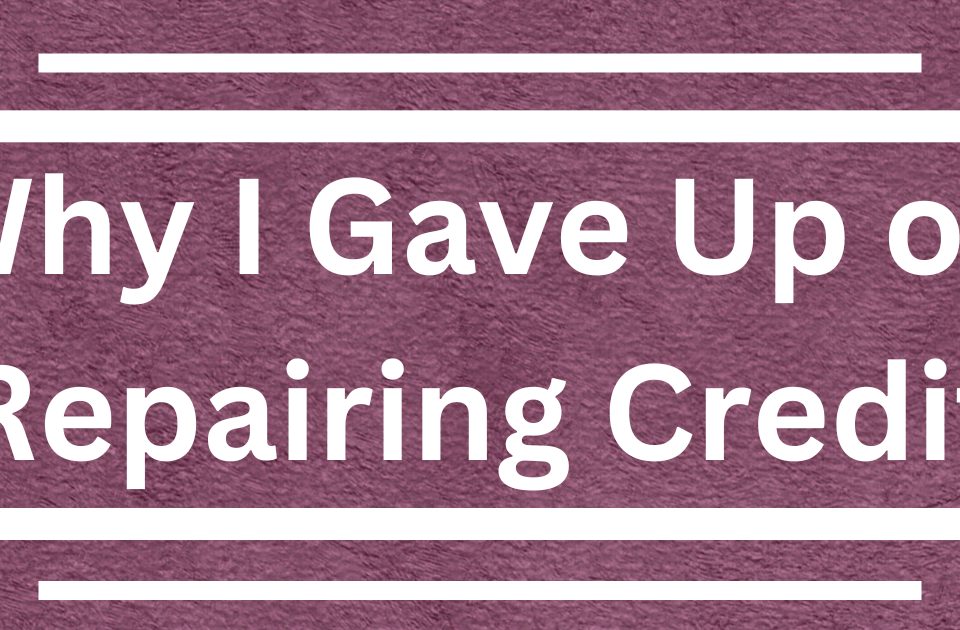Do You Need a Credit Score to Purchase a Home?

Credit Myths and Tips for 2023
January 2, 2023
Why you should give up on repairing your credit
February 15, 2023Do You Need a Credit Score to Purchase a Home?
Whether you want to buy or lease a car or rent a property, credit checks are often necessary to determine your eligibility. The same thing goes with a home purchase. You need a credit score to purchase a home or at least increase your chances of being qualified.
Your FICO score not only determines if you are qualified for a mortgage or not but it also affects your loan terms. Although there is no such thing as a single ideal credit score to purchase a home, you still need to understand the effect of your credit score on your home-buying process.
Effects of Your Credit Score on Buying a Home
Mortgage lenders refer to your FICO score when calculating your interest rates as well as the fees you will pay during your mortgage. It is a critical factor to assess what you will be eligible for and how much you need to pay in addition to the loan itself. However, that’s not all there is.
Lenders will also evaluate your debt levels, assets, type of property, and income to decide on the most suitable loan for you. Due to the significant variations of these factors, there is no definite credit score required for qualifying for a loan. Of course, there will always be bad and good here.
Minimum Credit Score for a Home Purchase
A sterling credit is not required for getting a mortgage, particularly when you make good money or you have other types of high-value assets under your name, such as an art collection or even stock holdings. However, most types of loans still have a minimum credit score required, and these are the following:
- 620 for conventional loans
- 500 for FHA loans
- 640 for USDA loans
- 700 for jumbo loans
- Varies for VA loans
What is a Good Credit Score to Purchase a Home?
Again, there is no ideal credit score to purchase a home. In general, however, you will need at least a 620 credit score to secure a mortgage. You can still qualify for a loan even if your credit score is lower. However, you might need to meet several additional requirements to qualify for government-backed loans.
If you have a 750 or higher credit score, you will be qualified for the lowest PMI costs and the best rates if you can’t make a down payment of 20%. But you will always pay interest. It means that even if you have a higher than 800 credit score, it won’t mean that your interest rates will vanish.
Can You Buy a Home If You Have Bad Credit?
If you have a 600 credit score or lower, you won’t likely get a traditional loan. This low score signals a history of debt piling up that is not paid back on time.
When your credit score is between the 600 and 650 range, you can expect to pay higher PMI and higher interest rates. You might also need a bigger down payment to offset the risk to the lender and the mortgage cost.
You might still be qualified for a mortgage even with bad credit. However, expect that you will spend more money in the long run on your mortgage. You can also look for a co-signer with a better credit score for securing a loan. If not, you can also work to improve your credit score.




